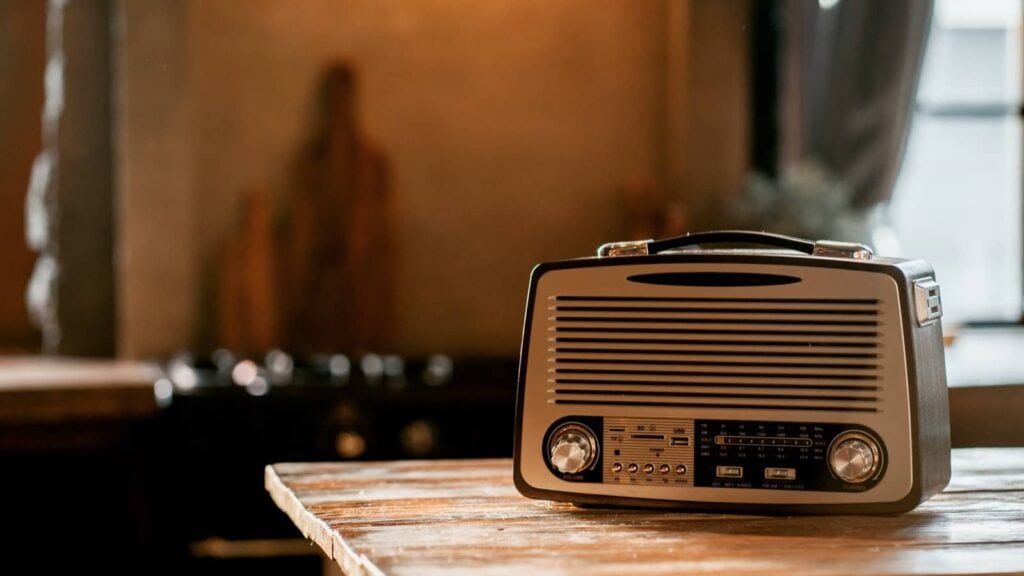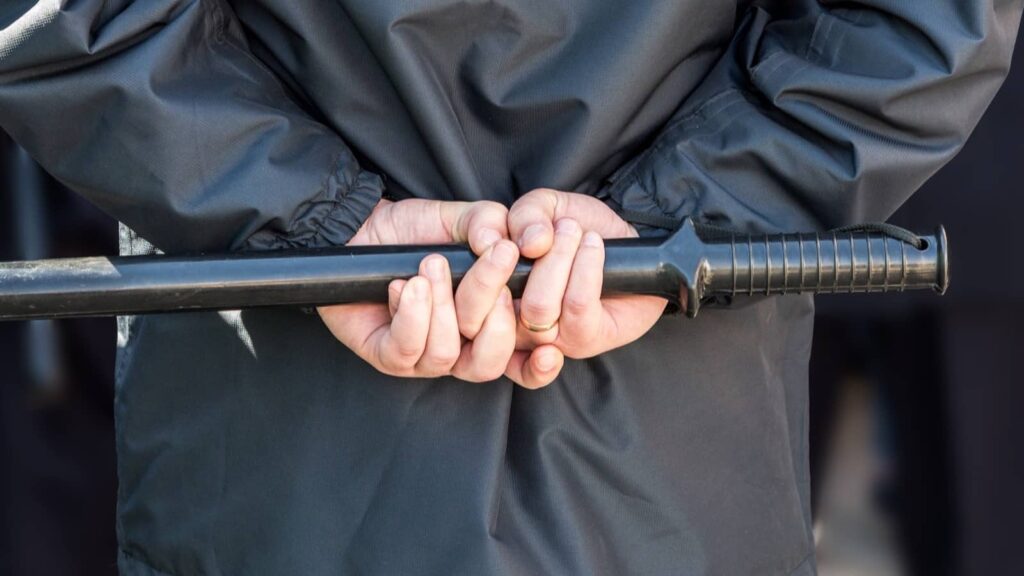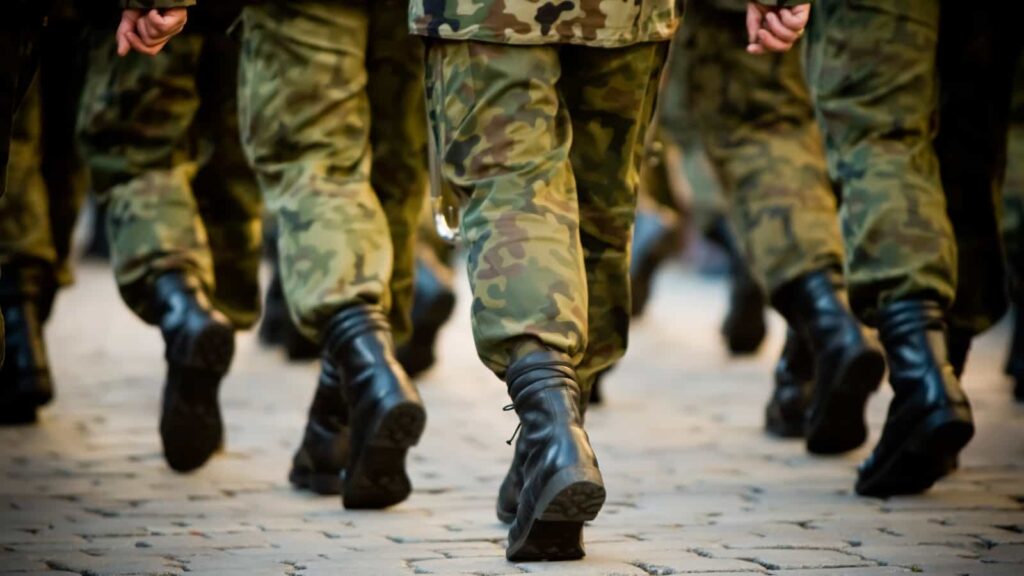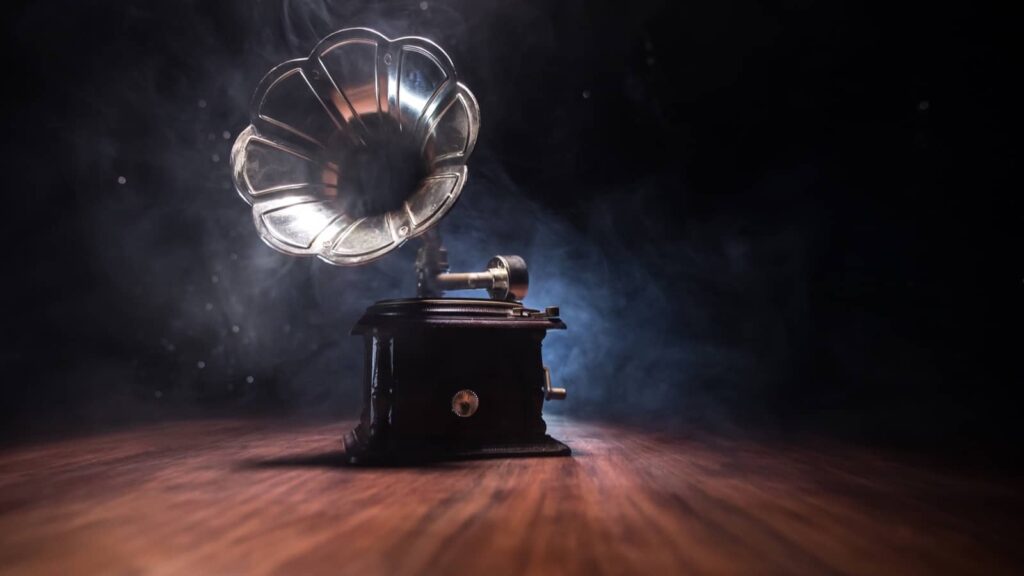12 Traditional English Words That Are Slowly disappearing
12 Traditional English Words That Are Slowly disappearing

Languages change as time moves forward. Some words that were once common can become less popular and eventually may not be used frequently. In Britain, several traditional words have been part of everyday vocabulary but are now fading away. This article explores 12 of these British words, explaining their meanings and reflecting on their charming old-time significance.
1. Bobby

“Bobby” is a traditional British term for a police officer. The name originates from Sir Robert Peel, who established the first organized police force in London in the 19th century. These officers became known as “Peelers” or “Bobbies”. Today, this friendly term brings to mind images of the iconic British policeman in his custodian helmet, though it’s used less often in modern speech.
2. Dufflecoat

A dufflecoat refers to a specific style of coat that is notable for its toggle fastenings. It is typically made of a thick, woolen material, making it a popular choice for cold weather. The coat’s unique toggles stand out against other types of fasteners, such as buttons or zippers, giving it a distinctive, somewhat quaint appearance. Although still in use, the term is becoming less common.
3. Spiffing

“Spiffing” is a cheerful word used to describe something that is excellent or splendid. It’s often heard in old British films and books, capturing a sense of high spirits and approval. While the word may sound overly formal or dated today, it carries a nostalgic charm that recalls a more genteel era.
4. Chimney Sweep

Historically, a chimney sweep is someone who cleans chimneys to prevent chimney fires and carbon monoxide buildup. This profession was more common in times past when most households used fireplaces regularly. Today, it’s a rare profession, though the imagery of the soot-covered chimney sweep remains iconic in British culture, partly thanks to stories and films like “Mary Poppins”.
You may also like: 11 English School Differences That Surprise International Students
5. Golly

“Golly” is an exclamation of surprise or amazement. It’s akin to saying “Wow!” and was once common in casual British speech. While the usage of “golly” has declined, it evokes a bygone era of innocence and simplicity in language.
6. Bonnet

In Britain, the term “bonnet” refers to the hood of a car. This word highlights the differences between British and American English, where “hood” is the preferred term in the U.S. “Bonnet” adds a touch of British character to conversations about automobiles but is becoming less common.
7. Stately Home

A stately home is a large, impressive house typically found in the countryside and often has historical and architectural significance. These homes are remnants of a feudal society where they were owned by wealthy landowners or nobility. The term evokes images of grandeur and British heritage, although its use is now more historical than practical.
8. Wireless

Originally, “wireless” was the term used for what is now generally called the radio. This word dates back to when radios used wireless technology, which was a novel concept at the time. The term “wireless” is still used occasionally, but it has largely been replaced by “radio” in everyday terminology.
9. Truncheon

A truncheon is a short, thick stick carried as a weapon by a police officer. It is the traditional name for what is often now referred to as a baton. The word “truncheon” sounds somewhat archaic and formal, reflecting its origins in a different era of law enforcement.
10. Tickety-boo

“Tickety-boo” is a quirky and quintessentially British way to say that everything is going well. It’s a phrase that captures a cheerful optimism. Although not as common today, it appears in conversations that have a lighthearted, possibly nostalgic tone.
11. Blighty

“Blighty” is a fond, affectionate term for Britain or home, especially used by soldiers during the world wars as a way of referring to their homeland. It’s a word filled with emotion and patriotism, although less frequently heard in today’s common speech.
You may also like: 15 English Tea Rituals That Confuse The Rest Of The World
12. Gramophone

A gramophone was an early form of the record player, and the term is evocative of the days of vinyl and mechanical music reproduction. While modern devices have replaced the gramophone, the word itself conjures images of old-fashioned music rooms and large, horn-shaped speakers.
10 English Pub Traditions That Startle Americans

Read More: 10 English Pub Traditions That Startle Americans
15 Words That Exist In Other Languages But Not In English

Read More: 15 Words That Exist In Other Languages But Not In English
12 English Sayings That Make No Sense To Non-Brits

Read More: 12 English Sayings That Make No Sense To Non-Brits
We are Mary and Eric, the founders of Be Right Back, a blog dedicated to romance around the globe and at home.
We are Mary and Eric, the founders of Be Right Back, a blog dedicated to romance around the globe and at home. With over 10 years of experience in dating and traveling to romantic places, we share our favorite date ideas and romantic destinations to help couples level up their relationships. Having lived in and traveled through the USA, we also share our favourite things to do in the States.
With 70,000 monthly readers and 16,000 followers on social media, Be Right Back is your go-to resource for romantic trip ideas and couple activities at home and abroad.
